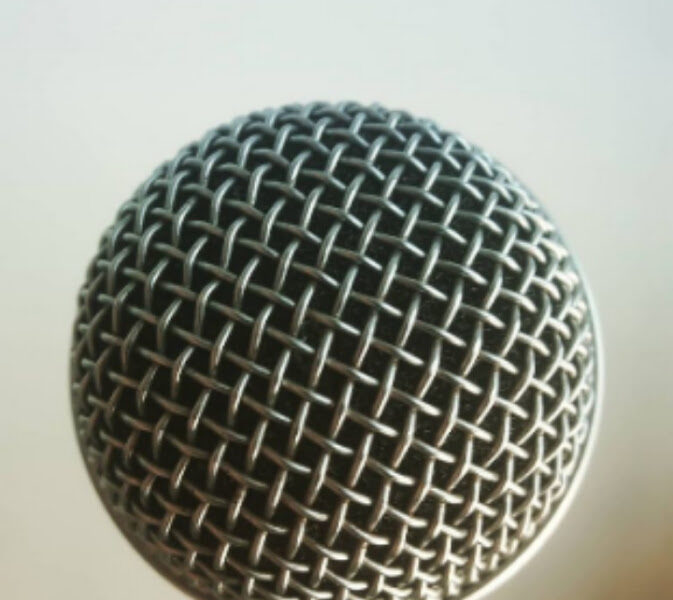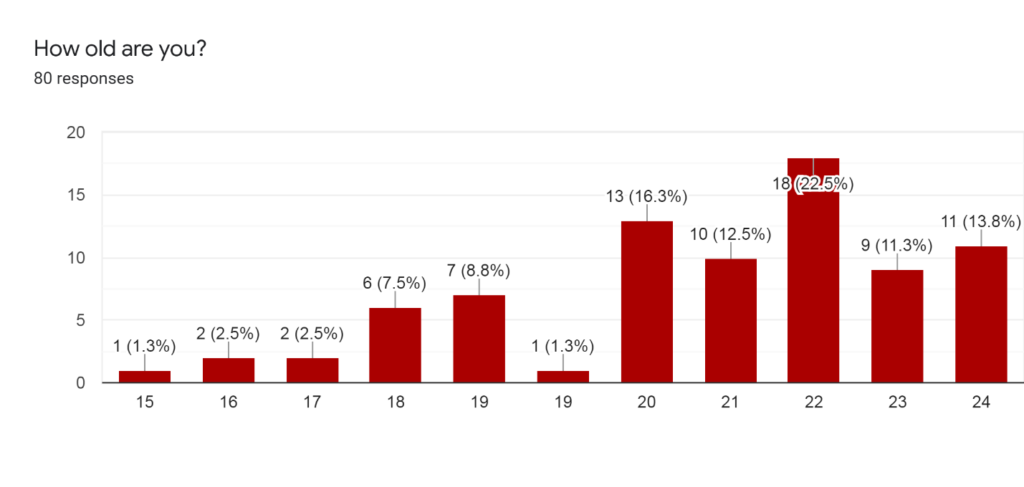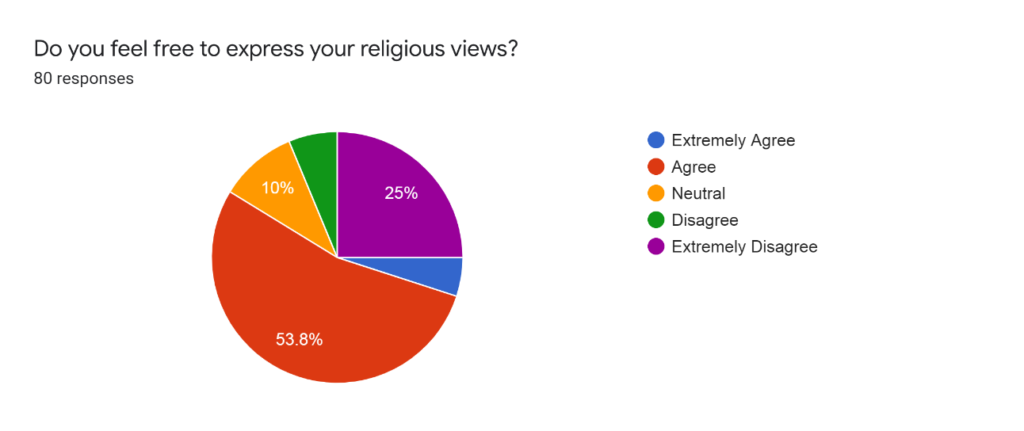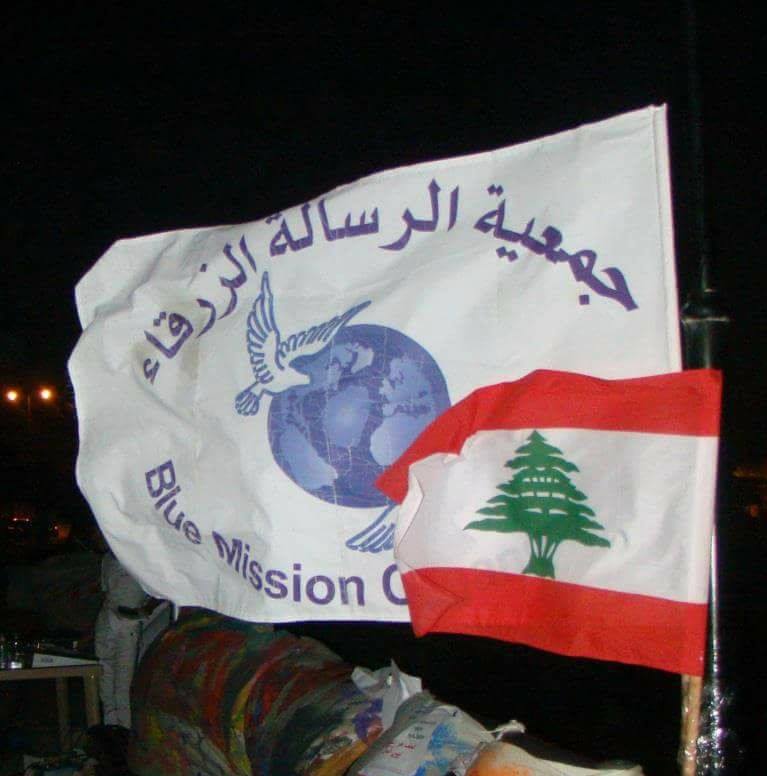
YOUTH ABOUT EXPRESSION
April 18, 2022There is no denying that freedom of speech and self-expression in Lebanon have been suppressed due to taboo and general principles of silence. The latest generation, that has been acting as a cycle breaker, still experiences such restrictions within our society. To prove this statement even further, we have created a survey that concerns the youth and expression as a whole.
- Basic Information
This survey has been filled out by 80 different individuals in Saida. The target audience has been limited between the age range of 15-24. Majority of individuals were 22 years old (22.5%) followed by 20 (16.3%), while the remainder of the answers were from teenagers (23.9%) as seen in the chart below.

2. Age of respondents
Women have overtaken this survey with a rate of 65% responses, while men only made up around 21.3 percent. Other genders such as non-binary, genderfluid and transgender painted the rest of the responses. The majority of respondents were either part-time workers (making up a staggering 46.3%) or simply enrolled students (41.3%). Very few of the targeted youth had full time jobs.
The chart below depicts the religious distribution of the participants.

3. Religious Affiliations
- Freedom of Expression, Speech and Choice
Moving forward from basic acknowledgments, the questions revolved around the freedom, safety and personal opinions of the surveyed individuals. Short statements were placed and assessed with 5 answers: extremely agree, agree, neutral, disagree and extremely disagree.
Participants were asked to rate whether they felt free to express their thoughts or not. Unsurprisingly, half of the answers fell under the negative category. Simply put, 30 out of 80 individuals chose to disagree while 11 strongly disagreed. The remaining majority chose neutral, which is neither a positive nor a negative remark, but it undeniably contains some negative connotations to it.
When asked if they feel free to express their sexuality, it is of importance to state that the majority of people who agreed (52%) were heterosexuals. 22 individuals disagreed, with 3 people claiming a neutral position.

The same concept can be applied to the above statement. Again, it is of high importance to link religious freedom with participants’ religious beliefs; the disagreeing groups were non-religious, coming from atheist and agnostic point of views.
The last question concentrated on the ability to choose a career path. Disturbingly, 55% of the participants disagreed, meaning they were or will be forced to choose an occupation outside their field of interest. Around 35% felt comfortable, however, in choosing their majors.
When asked to leave suggestions to transform Saida into a safe community, responses varied from creating awareness campaigns in organizations and educational facilities to open mic shows. The most common answer, however, suggested the creation of a digital platform on social media for safe self-expression. Such expressions include, but are not limited to, religion, sexuality, politics and societal disputes. This survey merely represents the restrained mindset of the Lebanese society. The youth is the establishing foundation of future proliferation, yet they are not experiencing the bare minimum for healthy growth and expression. Blue Mission remains a safe haven for all and will continue to work on creating permanent establishments for the youth.













